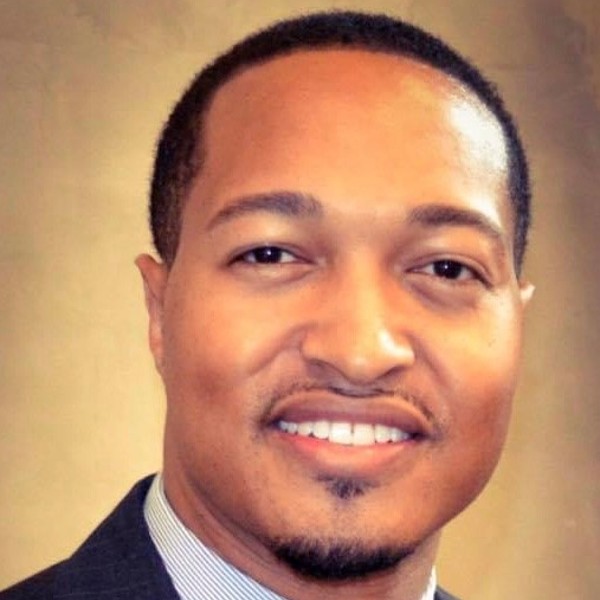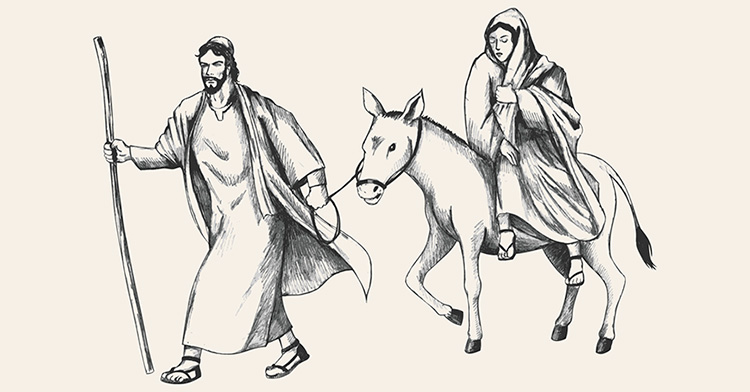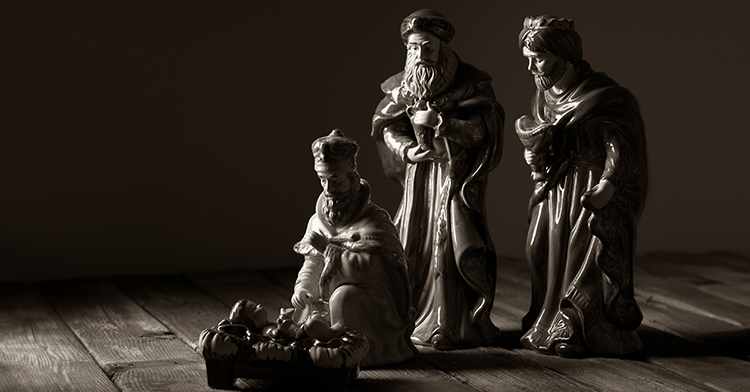I turned 34 on Aug. 9, the day that black teenager Michael Brown was killed by white police officer Darren Wilson in Ferguson, Missouri. Even though the news of Brown’s death didn’t break until that evening, I had spent most of the day feeling a distinct and somewhat unsettling mix of gratitude and sorrow.
You see, just days before I turned 34, I learned that the average life expectancy of a black female slave in 19th-century America was 33.6 years, significantly lower than white women of the era.
33.6 years!
The realization that I probably would not have lived to celebrate my 34th birthday had I been born in 1780 instead of 1980 overwhelmed me, triggering both gratitude for how far we have come on issues of racial equality and sorrow for how far we still have to go.
As an educated, privileged black woman, I will likely live a long and secure life. But I cannot say the same for many of my black brothers and sisters, who fight to survive at the dark intersection of racial and economic inequality.
The evening of my birthday, upon hearing the news of Brown’s death, I mourned the inequality that still plagues America, lamenting that we have not yet collectively atoned for the original sin of slavery. Slavery’s ongoing legacy of shortening black lives was powerfully displayed in this young man’s death.
Since Aug. 9, I have formed a habit of singing and praying the old Negro spirituals as I cope with the events surrounding Ferguson and the regular challenges of life as a reconciler.
I know of no collection of Christian songs that so powerfully balances hope with despair, and gratitude with longing, nor any people group with more credibility. As the Advent season approached, I looked for Negro spirituals on the incarnation and Christ’s birth to help frame my hopeful longing.
But much to my disappointment, I could find only two or three Christmas-themed spirituals!
Black theologian, pastor and reconciler Howard Thurman explains the dearth of Negro spirituals on this topic in his book “Deep River and the Negro Spiritual Speaks of Life and Death”:
“Concerning the birth of Jesus, very little appeal was made to the imagination of the slave because it was not felt wise to teach him the significance of this event to the poor and the captive. It was dangerous to let the slave understand that the life and teachings of Jesus meant freedom for the captive and release for those held in economic, social, and political bondage.”
The slave masters correctly feared that the good news of the incarnation would empower the slaves in unimaginable (and perhaps uncontrollable) ways. Indeed, the incarnation is all about freedom for slaves.
Jesus says this loudly and clearly during his first public sermon: “The Spirit of the Lord is upon me, for he has anointed me to bring Good News to the poor. He has sent me to proclaim that captives will be released, that the blind will see, that the oppressed will be set free” (Luke 4:18 NLT).
Jesus came to disrupt the unequal social world, to make things right, to put an end to oppression.
Rather than offering the slaves the true Christianity of Christ the Liberator, they presented a false Christianity, one that upheld rather than dismantled their oppression. In fact, Thurman goes on to write that the same slave masters who prohibited any discussion of the liberative Christ also cherry-picked verses from the apostle Paul’s letters to manipulate slaves into thinking that their Christian duty involved submitting to the racist system of slavery.
Indeed, for this reason Thurman’s grandmother, a former slave, refused to listen to Paul’s writings once she became free.
The slave masters benefited from exactly the type of inequitable social system that the incarnation threatens to disrupt. So they suppressed the truth of the incarnation, refusing to relinquish it into the hands and hearts of the oppressed.
Unfortunately, this enslavement of the truth is not a unique case. More often than many of us would like to admit, powerful Christians have held captive the truth of the incarnation rather than releasing it in order to dismantle society’s inequitable power structures.
This continues today. The liberating truth of the incarnation forever says no to racism, racialized police brutality, racialized incarceration rates and economic inequality.
But rather than focusing on, submitting to and calling forth that truth, many Christians will spend the Advent/Christmas season engaged in individualism and consumerism, two forces that support social inequality. In many ways, the truth of the incarnation remains shackled.
This season, in a year in which we need Christ’s liberating power more than ever, let’s release the truth of the incarnation.
Let’s speak the truth from our pulpits. Let’s write the songs of liberation that the slaves would have written if they had been given the opportunity. Let’s step outside our individualistic cocoons so we can stand in generous, cross-cultural solidarity with people who have stories, joys and pain that are nothing like our own. Let’s fight against the systems of oppression and for the poor, the captive and the sick.
Just like Jesus did.










